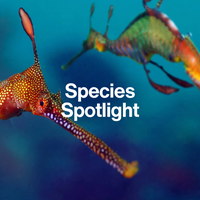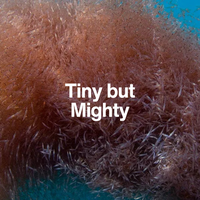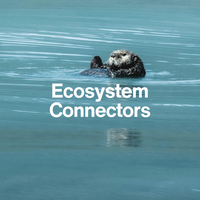The Ocean’s Apex Strategist
Orca

Family-led. Culture-driven. The orca is more than a hunter—it’s a master of memory, teamwork, and ocean intelligence.
Introduction
Minds Beneath the Surface
The orca (Orcinus orca), often called the killer whale, is one of the most intelligent and complex animals in the ocean. With striking black-and-white markings and a presence that commands attention, orcas are both revered and misunderstood.
They live in close-knit matrilineal pods, pass down unique hunting traditions, and display behaviours that blur the line between instinct and culture. Their story is one of emotion, cooperation, and the power of memory—an ocean icon that challenges how we define intelligence.

What Makes It Iconic
Strategy, Memory, and Culture
What sets orcas apart isn’t just their size or strength—it’s their cognition and coordination.
Different orca populations have unique dialects, social rules, and even specialised diets. Some use cooperative wave-washing to knock seals from ice floes. Others chase fish into bait balls with sound.
These behaviours are learned, not instinctual—passed from generation to generation in a system scientists describe as culture.

Fun Fact
Some orcas are known to mimic human speech or the sounds of other animals—including sea lions, dolphins, and even boat engines.
Ecological Role
Apex Predators with Purpose
Orcas are at the very top of the food chain. Their role as keystone predators shapes marine ecosystems by controlling populations of fish, seals, sharks, and even whales.
Because they target specific prey, they help maintain prey diversity and prevent overpopulation. Their absence, as seen in collapsing fish stocks and unbalanced prey chains, can cause trophic cascades that ripple through entire regions.


Conservation & Threats
Intelligence in Jeopardy
Despite their strength, orcas are vulnerable to human-driven threats, especially those that affect their social structure and food sources:
Captivity
has led to psychological stress, early death, and loss of culture
Overfishing
of salmon and other prey limits access to food
Toxic pollutants
like PCBs accumulate in their fat and affect reproduction
Noise pollution
from shipping and sonar disrupts communication
Oil spills and habitat degradation
affect key migration and hunting areas
Did you know?
Orcas are one of the most contaminated marine mammals on Earth, particularly in industrial regions.
Hope & Action
Learning to Listen
Orcas are protected under various national and international laws, including the Marine Mammal Protection Act and CITES.
Efforts are now shifting to restoring ecosystems, limiting pollutants, and protecting soundscapes where orcas can thrive.
Key initiatives include:
- Breach-specific orca sanctuaries and salmon recovery programs
- Hydrophone networks to monitor orca calls in real time
- Ship speed regulations to reduce collisions and underwater noise
Growing public campaigns against orca captivity and marine parks

Why they inspire us
Family, Memory, and the Wild Mind
Orcas teach us that intelligence in the ocean doesn’t look like ours—but it’s no less profound. They navigate life through memory, learning, and loyalty—not just instinct.
At NAUTRA, we see the orca not just as a predator, but as a protector—of knowledge, lineage, and community. To protect them is to honour the wild mind of the ocean.

Explore our orca collection
Species Overview

Species ID Card
Orca
Want to take this species with you? Download our printable ID card to keep learning, share with others, or use in your classroom or ocean journal.
NEXT SPECIES
Meet the Guardian of the Ice: Emperor Penguin
Braving blizzards and raising chicks on their feet—up next, meet the bird that survives where almost nothing else can.

















